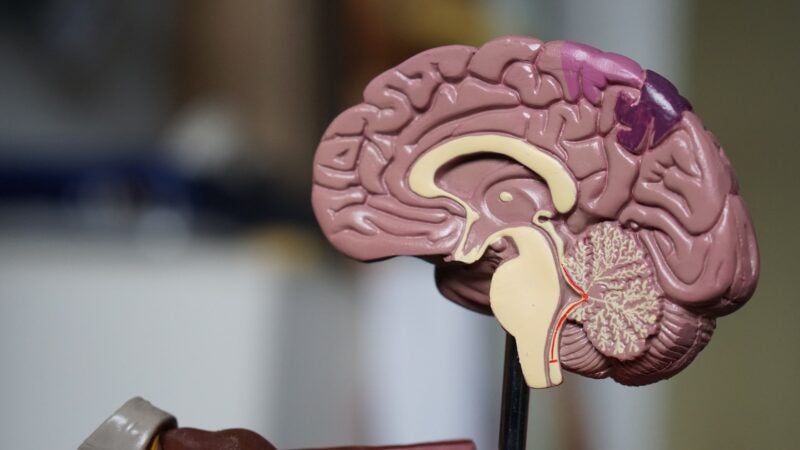
Harmony Biosciences has reported positive preliminary topline data from its Phase II proof-of-concept clinical trial of pitolisant in individuals with Prader-Willi syndrome (PWS), a genetic neurological ailment.
The double-blind, randomised, placebo-controlled trial is designed to evaluate the efficacy and safety of pitolisant in PWS patients.

Discover B2B Marketing That Performs
Combine business intelligence and editorial excellence to reach engaged professionals across 36 leading media platforms.
The trial is not intended to show the treatment’s statistical significance, but is designed for signal detection.
Another trial objective was to assess a dose response to pitolisant in trial subjects.
It enrolled subjects aged six to 65 years who were categorised into a 1:1:1 ratio to receive a low or high dose of pitolisant or a placebo.
Analysing excessive daytime sleepiness (EDS) as evaluated by variation from baseline to end of treatment (EOT) on the Epworth Sleepiness Scale for Children and Adolescents (ESS-CHAD) Parent/Caregiver Version was the trial’s primary endpoint.

US Tariffs are shifting - will you react or anticipate?
Don’t let policy changes catch you off guard. Stay proactive with real-time data and expert analysis.
By GlobalDataAccording to the findings, the treatment with pitolisant offered a positive signal on improvement in the primary outcome linked to EDS.
The mean baseline ESS-CHAD (Parent/Caregiver Version) was in the range of 14.7 to 15.7.
Mean variation from baseline to EOT on the ESS-CHAD Parent/Caregiver Version scores were in the range of -3.7 to -5.5 in all age groups and treatment groups in the trial, indicating a variation that is clinically meaningful.
The overall safety and tolerability of pitolisant in the trial were in line with its known profile.
Commercialised as Wakix in the US, pitolisant is approved by the Food and Drug Administration for the treatment of EDS or cataplexy in adult narcolepsy patients.
Designed and developed by Bioprojet (France), pitolisant is a selective histamine 3 (H3) receptor antagonist/inverse agonist.
Bioprojet has granted an exclusive licence to Harmony for the development, manufacturing, and commercialisation of pitolisant in the US.
Harmony Biosciences chief medical officer Jeffrey Dayno said: “The positive signals observed on the primary outcome of EDS from this proof-of-concept study are encouraging.
“We look forward to receiving the full data set from this initial signal detection study, which will further inform our understanding of the data as we plan to advance our clinical development programme for pitolisant in PWS.”
In April this year, the company commenced the Phase III INTUNE trial of Wakix to treat adult idiopathic hypersomnia patients.





